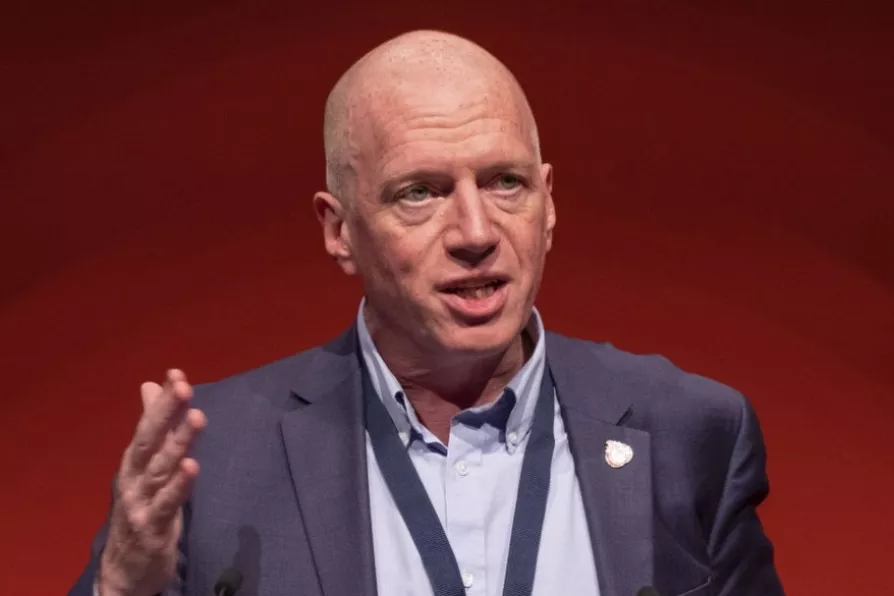From London’s holly-sellers to Engels’s flaming Christmas centrepiece, the plum pudding was more than festive fare in Victorian Britain, says KEITH FLETT

 FBU leader Matt Wrack
FBU leader Matt Wrack
THIS weekend’s special TUC Congress — the first since the early 1980s — has been called to address the most draconian anti-strike legislation yet.
Fire Brigades Union Matt Wrack, who as TUC president this year has played a key role in organising this Congress, doesn’t underestimate the challenge facing unions.
The government’s Strikes (Minimum Service Levels) Act could effectively ban strike action across whole sectors, with ministers defining “minimum service levels” that require everyone to work — in a recent strike in Sao Paulo, a labour court instructed rail workers to run 100 per cent of services at peak times and 80 per cent at other times.

CWU leader DAVE WARD tells Ben Chacko a strategy to unite workers on class lines is needed – and sectoral collective bargaining must be at its heart

Incoming Usdaw general secretary JOANNE THOMAS talks to Ben Chacko about workers’ rights, Labour and how to arrest the decline of the high street

Sisters came together last weekend for the landmark launch of a new women’s group. ROS SITWELL reports











